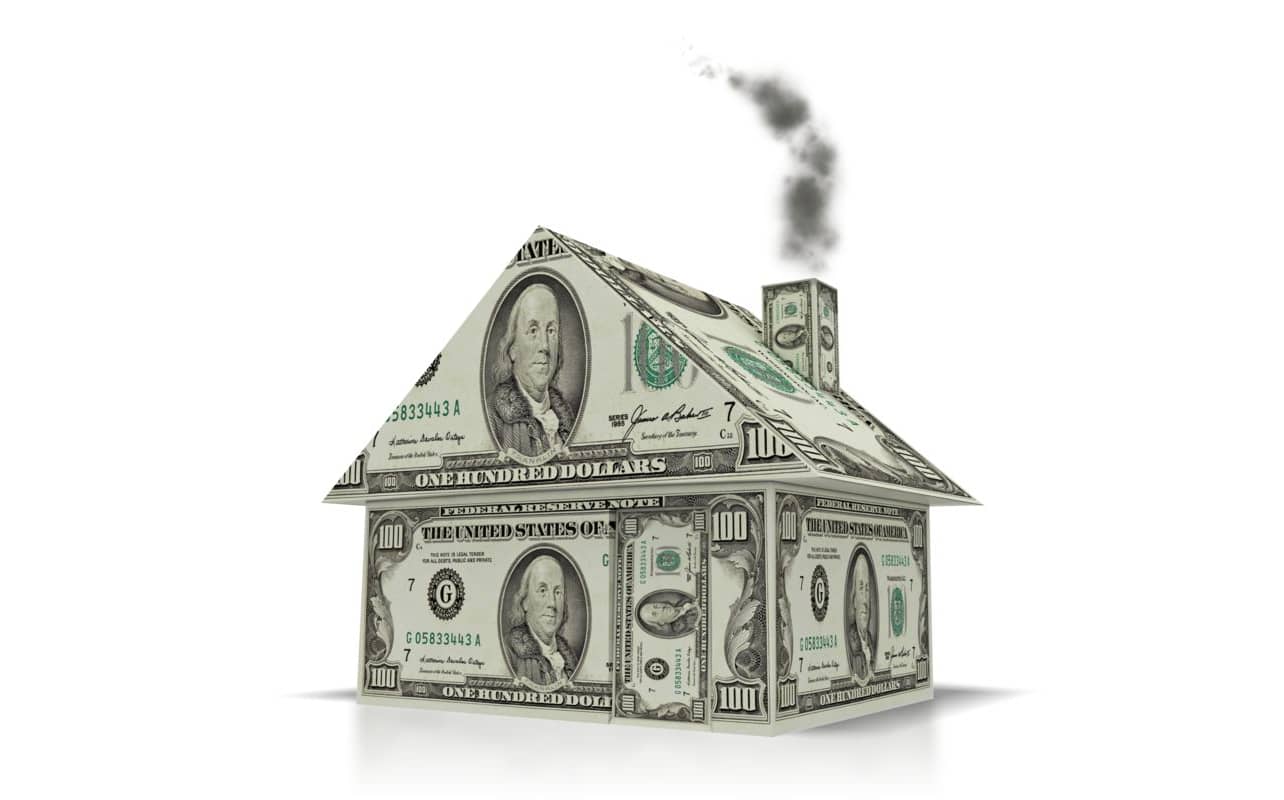Short sales are often associated with financial distress and the need to alleviate mortgage burdens. However, a common question that arises is whether the homeowner can make money on their own short sale. As an Orlando realtor with 18 years of experience in the local market, I’m here to offer insights into the nuances of short sales and shed light on the possibilities and limitations homeowners may encounter when seeking financial relief through a short sale transaction.
Understanding Short Sales: A Brief Overview
Before diving into the potential for homeowners to make money on a short sale, it’s essential to grasp the fundamentals of what a short sale entails. A short sale occurs when a homeowner sells their property for less than the outstanding mortgage balance. This often arises due to financial hardships that prevent the homeowner from continuing mortgage payments.
The ultimate goal of a short sale is to help homeowners avoid foreclosure, mitigate credit damage, and potentially find a fresh start. While homeowners don’t typically profit from a short sale in the same way they might from a traditional sale, there are certain scenarios in which a homeowner could potentially come out ahead.
The Possibility of Making Money on a Short Sale
In specific situations, homeowners might be able to generate some financial benefit from a short sale. Here are a few scenarios where this might occur:
1. Property Appreciation
In markets where property values have appreciated significantly since the original purchase, a homeowner might find that the property’s current market value is higher than their outstanding mortgage balance. In such cases, the homeowner could potentially sell the property for a higher amount than what’s owed, allowing them to walk away with some proceeds after satisfying the lender’s debt.
2. Multiple Liens and Negotiation
If a property has multiple liens, such as a second mortgage or tax liens, a skilled negotiator may be able to negotiate a settlement with these secondary lienholders. This negotiation could result in reduced or forgiven debts, allowing the homeowner to pocket some of the proceeds from the short sale.
3. Strategic Negotiation
A knowledgeable realtor can leverage their negotiation skills to work with the lender and potential buyers to optimize the terms of the short sale. By securing a higher sale price, reducing fees, or negotiating other aspects of the transaction, the homeowner could potentially retain a portion of the proceeds.
Factors That Influence Making Money on a Short Sale
While the above scenarios suggest the potential for homeowners to make money on a short sale, several factors come into play that influence the outcome:
1. Current Market Conditions
The local real estate market’s current conditions significantly impact the potential for making money on a short sale. If the market has experienced appreciation since the time of purchase, there’s a higher likelihood that the property’s value could exceed the outstanding mortgage balance.
2. Lender Approval and Negotiation Skills
Securing the lender’s approval for a short sale is crucial. Additionally, the homeowner’s ability to negotiate favorable terms with the lender and other parties involved will determine the extent to which they can potentially make money.
3. Property Value and Appraisal
The property’s current market value, as determined by an appraisal or comparative market analysis, plays a central role. If the appraised value is higher than the mortgage balance, there’s potential for the homeowner to make money on the short sale.
4. Outstanding Liens and Debts
The presence of multiple liens or outstanding debts on the property can impact negotiations and the final distribution of proceeds. Working with a realtor who understands how to navigate these complexities is essential.
Partnering with a Skilled Orlando Realtor
For homeowners considering a short sale and aiming to maximize their financial outcome, partnering with a skilled Orlando realtor is paramount. Here’s how a realtor can assist in making the most of a short sale situation:
1. Market Insights
Realtors possess in-depth knowledge of the local market, including property values, trends, and appreciation rates. This insight informs strategic decisions that can impact the homeowner’s financial outcome.
2. Negotiation Expertise
Experienced realtors are skilled negotiators who can advocate for the homeowner’s interests when dealing with lenders, buyers, and other stakeholders. Negotiating favorable terms can impact the final proceeds.
3. Due Diligence and Valuation
Realtors conduct thorough due diligence to assess the property’s condition and value accurately. An accurate valuation sets the foundation for maximizing proceeds in a short sale.
4. Liens and Debt Management
Realtors navigate the complexities of outstanding liens, secondary mortgages, and other debts associated with the property. Their expertise ensures that negotiations and financial outcomes are optimized.
5. Closing Coordination
From documentation to communication with lenders and other parties, realtors handle the details of the short sale process, ensuring that the transaction progresses smoothly toward closing.
Conclusion

While homeowners typically don’t profit in the traditional sense, they could potentially qualify for cash back from their lender upon closing as part of the agreement. Feel free to call us at 407-902-7750 for a free consultation or visit us at https://orlandorealtyconsultants.com/


